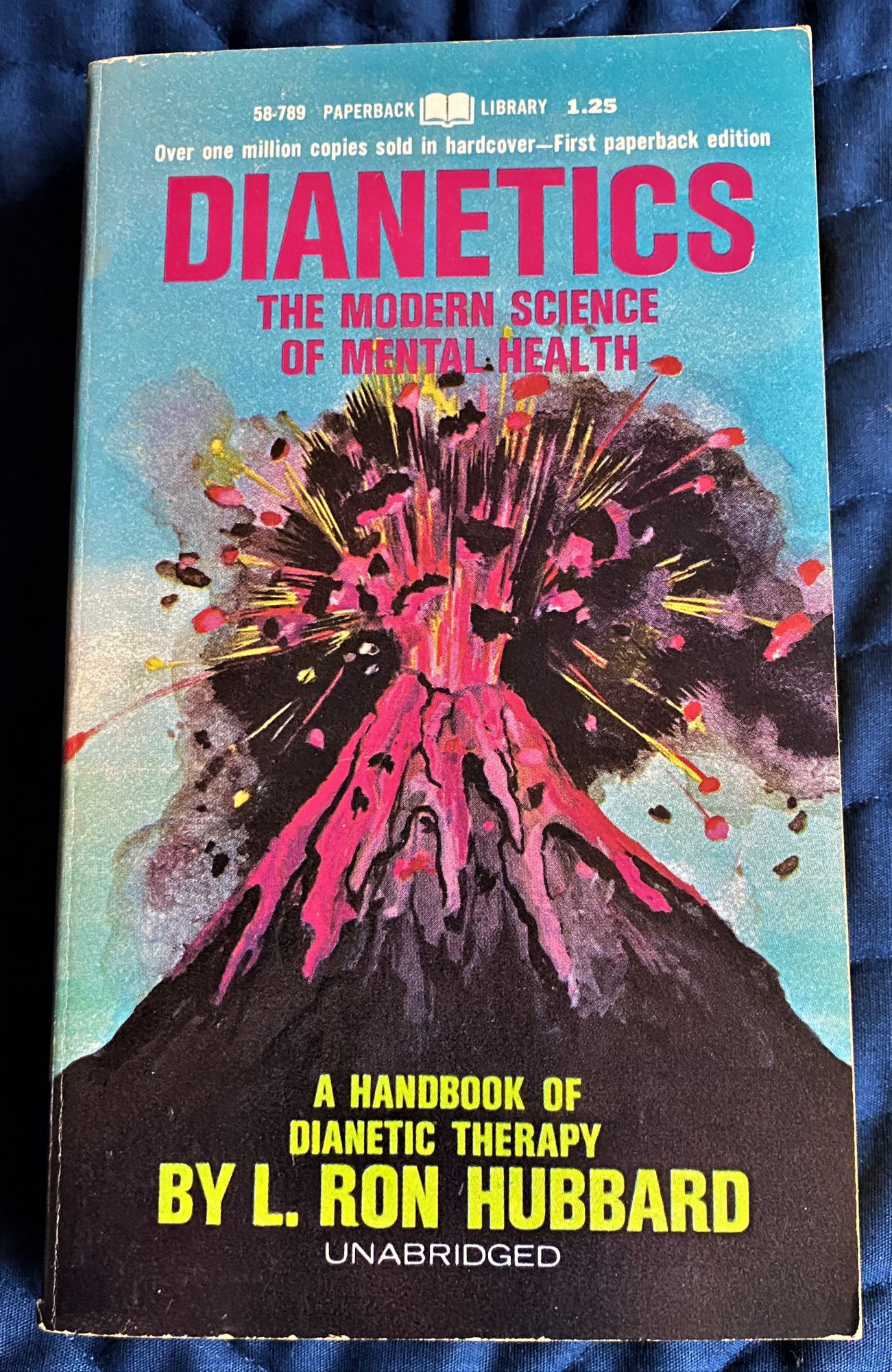Dianetics - Questions
Dianetics - Questions
Blog Article
6 Simple Techniques For Dianetics
Table of ContentsSome Known Questions About Dianetics.Getting My Dianetics To WorkThe Buzz on DianeticsSome Known Details About Dianetics
I could not ever not wish to get anything that enters your mind for you- if it was or else, I would not be sitting right here with you, doing this. I not just might never have an issue, or not wish to hear something that comes to mind for you, yet I'm totally excited to know every concept, every idea, every picture or sensation that emerges or materializes for you- do not ever before assume otherwise, and if for one reason or another you do, please simply let me recognize! Often, you might have an idea, and photo, idea or case appear that does not appear to answer the inquiry, or associate to it, but nonetheless, always do tell me about it, and as we proceed, the relevance will certainly arise for you.This is fundamental in the basis of handling, and the topic of this conversation: the basic roles of the therapist and the customer: The basic duty of the counselor is, as opposed to "typical training", not to control, which means to impose and/or prevent, yet to rather work from the basis of EMPOWERING THE CUSTOMER.

The Only Guide for Dianetics
John Mcmasters shared this standard fact incredibly well in among his talks on Power processing, in which he discusses how he was asked what this "special propensity" was that he had for giving such terrific sessions; he had to consider that for a moment, and spotted that it was what he had not been doing, in addition to what he was doing: he wasn't reviewing, judging, computing, or in fact, generating any kind of ideas, not to mention verbal expressions, after giving the command and while awaiting the computer to finish their solution to their complete satisfaction; he was, simply and just, existing with the computer, and entirely interested.
The duty of the counselor, showed; that was his "special knack". I have actually had my very own experience which instructed me this well, extremely at an early stage in the game. In 1982, having lately completed my training and internship on New Era Dianetics, I was running this on a PC, and there was a point in the session where (being a little bit wet behind the ears not yet having Visit This Link numerous hours under my belt as a professional auditor) the PC seemed to be "taking as well lengthy" to share anything vocally after I gave him a command.
This trick turned out to be one of the most useful payment that John ever made to the subject of therapy or bookkeeping (Dianetics). In my modest opinion, it is the best payment that anybody has ever made to these subjectsthe application is completely non-judgemental, non-evaluative, and lacking any tip, suggestions or opinion.no preconceived schedule for individuals, or 'degrees' that they must do
In Idenics, the only source of information about a customer is the individual customer. In Scientology we prided ourselves on not examining for individuals. However all that actually indicated was that the auditor did not VERBALLY assess for the computer in session. The registrars and principles officers assessed for the computer.
Not known Details About Dianetics

Anyone who had actually ever seen John audit might not help but notice a special quality in his auditing."The customer's basic role is to be there with the function of relocating the instructions of their spiritual objectives, and to easily and fully share and experience whatever shows up for them in responding to the inquiries and implementing the instructions in the handling.
This is something to process as needed. But likewise, people regularly have previous experience and/or brainwashing in auditing/processing which, somehow, and to some extent, really misleads them into attitudes, concepts and habits patterns that avoid the complete understanding of these duties, therefore they will certainly tend to hinder the expressing of what enters your mind, as in the examples provided above. * The very first, and probably foremost examples of mis-indoctrination bring about less than entirely smooth and effective sessions, can be located in certain aspects of the training regimens, or "TR's":"TR's" are usually an individual's first, or at least click to find out more early, experience in Scientology, and while I will go on to describe what I see as the problems in concept and method, nonetheless, often tend to be greatly restorative, done as they are given (Hubbard firmly insists that "TR's are not processing, they are training", but factually, they are both handling AND training)
There is no "flunking", and no denial of the reality of this being processing. The emphasis, as it should be, is on experiencing the various other individual's presence.
See This Report about Dianetics

Report this page